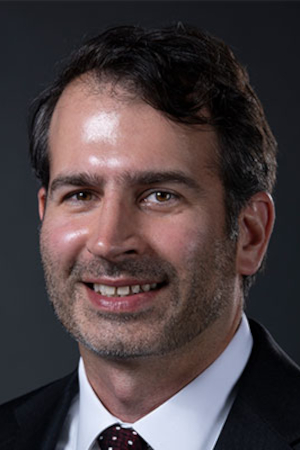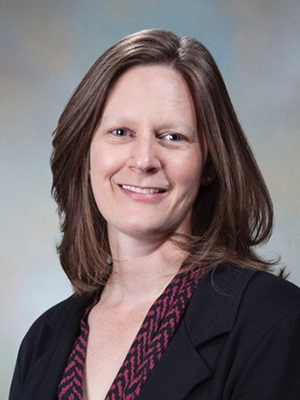Three research groups are active in the fields of Rocket Propellants and Energetics. While some research and experiments overlap, each group has a distinct specialty as outlined below.
The Jackson Group

Scott’s research primarily focuses on the detonation physics of gaseous and condensed-phase explosives with the intent to provide improved models and novel measurements of shock and detonation processes. Scott is also on the board of directors and leadership team for IDERS, the Institute for Dynamics of Explosions and Reactive Systems, which is an international group that organizes the ICDERS conference and is interested in the scientific study of the non-steady coupling that occurs between the fluid flow system and the exothermic reactions associated with high-speed combustion.
The Petersen Group

DR. ERIC PETERSEN
- Professor, Mechanical Engineering
- Nelson-Jackson Chair Professor
- Turbomachinery Laboratory Director
The Petersen Research Group specializes in the study of combustion, gas dynamics, and propulsion. We conduct experiments and analyses on reacting flows, chemical kinetics, and shock waves for applications ranging from advanced propellants and rockets to optical diagnostics and gas turbine engines. Our research is sponsored by a combination of government and industry sources, including the Department of Defense (Navy, Air Force, DTRA, JEMTP, SERDP), the Department of Energy, the National Science Foundation, various gas turbine-related OEMs, Helicon Chemical Co., Parametric Solutions, and Lynntech, among others. We are located in the Turbomachinery Laboratory at Texas A&M University in College Station, TX
The Dynamic Response Group

Cooper’s research group studies the complex behaviors of heterogeneous materials in severe environments. Of particular interest are heterogeneous materials formed from densely packed granular media which are found in a diverse range of applications including structural materials, energy storage, pharmaceuticals, and energetic materials including pyrotechnics, propellants, and explosives. Our experiments and analysis combine aspects of particulate science, mechanics of materials, and thermal science to uncover the effect of thermal and mechanical damage mechanisms on bulk material performance.
